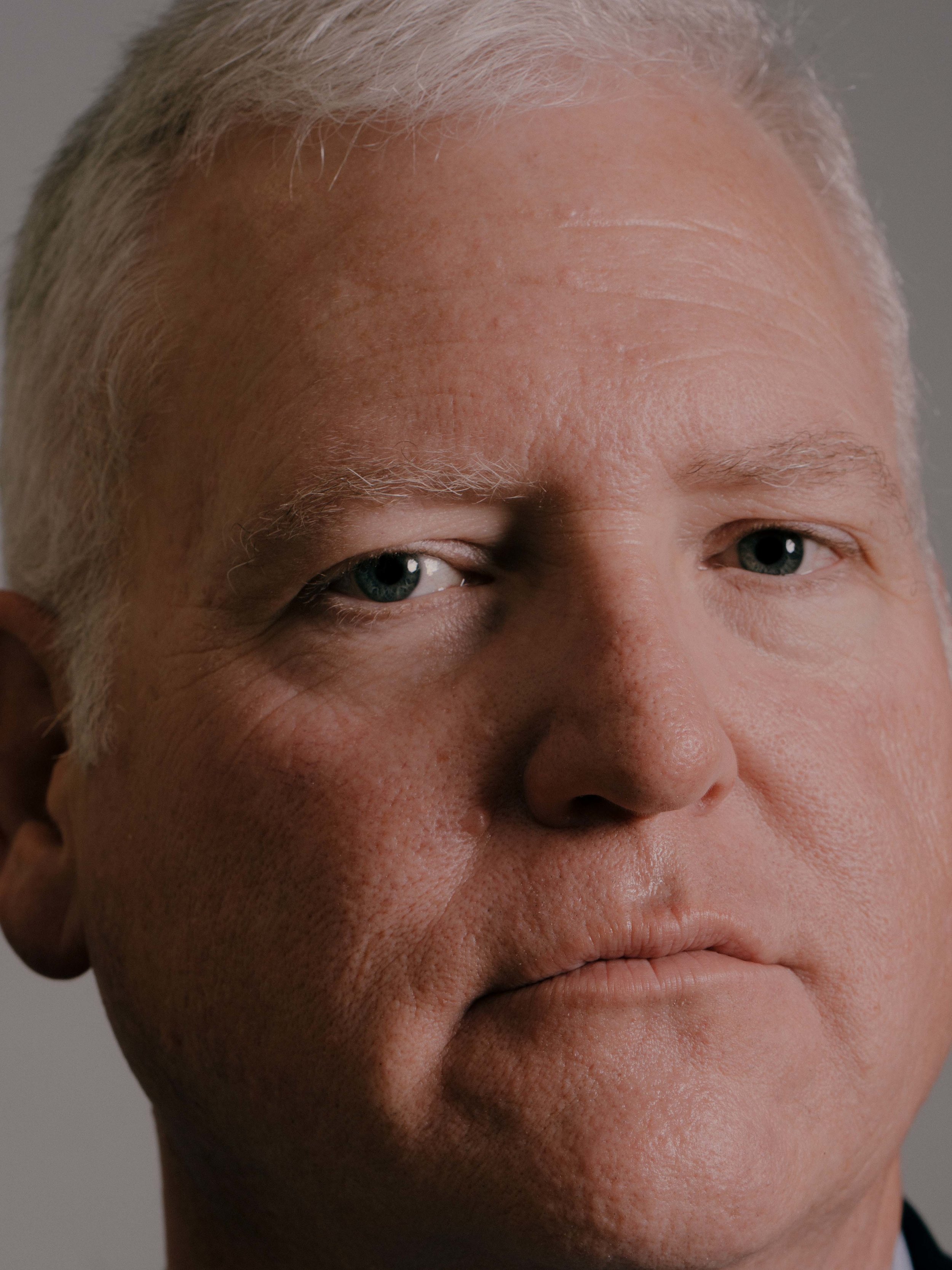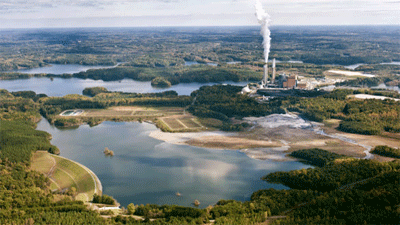Following is my speech and prayer that I gave at today's press conference in the North Carolina Legislative Press Room. View the press conference here via Facebook Live. (Caroline speaks at 17:30.)
IT ALL STARTED on April 18th, 2015...
Deborah Graham received a letter stating that her water was not safe to drink while drinking her morning coffee. She almost choked when her husband told her the news. Last spring, Deborah shared her story in the film “From the Ashes” and this is a full-page picture of her in the New York Times from earlier this year. Today marks one thousand days for almost one thousand families living on bottled water in North Carolina.
So one thousand days equals almost three years and during that time families from around the state have learned:
Your children can't play in the bathtub or swim in your pool
You have to brush your teeth with bottled water.
You have to make your coffee with bottled water.
You know how many bottles it takes to boil a box of pasta.
You know how many bottles it takes to create a Thanksgiving Meal.
You don't trust your water even while traveling.
You cover stacks of water in your home and pretend that it is furniture.
You have no idea how to provide your livestock with safe and adequate water.
You struggle with recycling, if your local facility even has plastic recycling. Pine Hall at Belews Creek does not.
In North Carolina, we have the remains of West Virginia mountains buried in our midst. Their remains were left unnoticed for decades sitting dangerously close to our rivers, deep within our water tables, lurking into well water and seeping into our bodies.
But we now we know better. Amy Brown, a Belmont mother of two young boys living on bottled water repeats this phrase to all who will listen. She knows too well the devastation of not being able to let her children have a bubble bath nor swim in the pool in the backyard. For all of the children of the thousand families of North Carolina, Let's do better now.
What does doing better mean? When will life return to normal for so many families drowning in fatigue from the fear of a basic element in life - water? And they should be afraid.
Most of our current state standards are based on a one time exposure of a healthy man consuming one toxin. But the reality is our coal ash communities have been exposed to a toxic cocktail of many, many more heavy metals and pollutants for decades - every bath, every tooth brushing, every meal, everyday for years. And these communities do not just include healthy men, but our grandparents, our newborn babies, our small children, our pregnant mothers, our young kids with asthma, and even the unborn. This cumulative exposure takes a detrimental toll after repeated daily ingestion.
So how can we start to do better now?
First, we need for the state to determine health standards based on critical populations. Many of the legislators are discussing GenX this week. Hexavalent chromium and vanadium are just two of numerous harmful toxins that our state officials need to address. And without protective state standards, our government cannot enforce the toxicity levels in our groundwater, which in turn protects all of us.
Second, we need a fully funded DEQ and DHHS. Without adequate funding, these health standards are practically pointless. So we are calling on our legislators to provide our state agencies with enough money to function. Governor Cooper has requested $2.5 million to support these agencies, which we applaud.
And finally, these families need a permanent water supply now. HB 630 gives Duke Energy a deadline of October 2018 to provide these families with a permanent clean water source. While we recognize that this is a complex process, we demand that Duke moves forward in communities where decisions have been made and begin supplying a permanent source now.
In closing, I would like to lift up each of these families in prayer:
Dear Great and Gracious God,
Thank you for the opportunity to yet again come to Raleigh and speak out on the burden that coal ash has placed on numerous families around our state.
We pray at this time for the people we advocate with who are unable to be with us today due to challenging health complications.
We pray for their healing and your mercy on the many needs placed on our hearts.
We also pray for all of those families living around the state who have been saddled with the extensive hidden costs of our electricity.
We also pray for our legislators - that they may stand up and serve our citizens, by protecting them with more stringent health standards and adequate funding so that our agencies may do their jobs.
We pray that Duke will move beyond doing the minimum of what is required by the law and act in a way that is just, neighborly and with compassion.
We pray that we the people will wake up to a necessary shift away from fossil fuels and give us the strength and fortitude to transition sooner rather than later.
And finally, we pray for full excavation of all unlined coal ash in North Carolina.


























